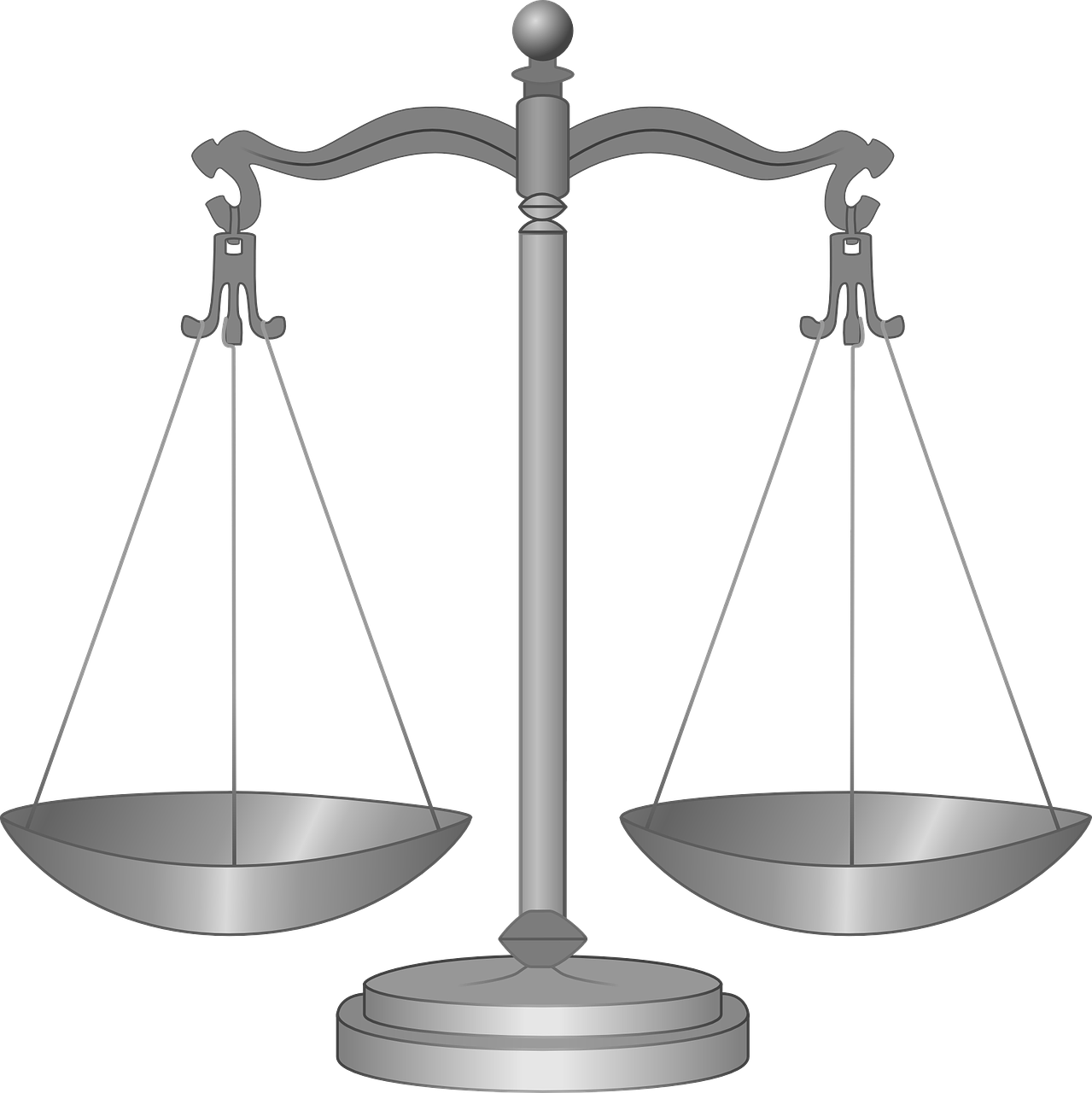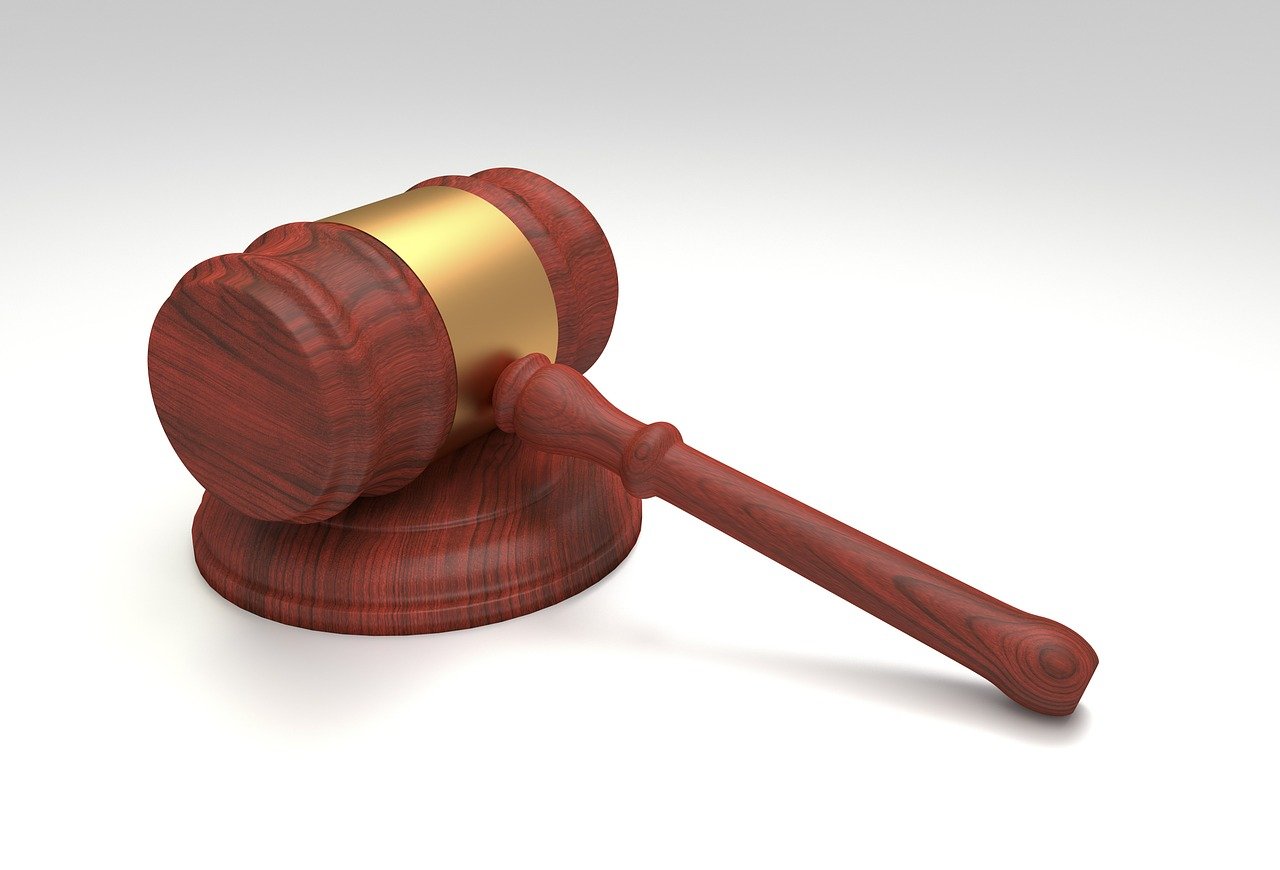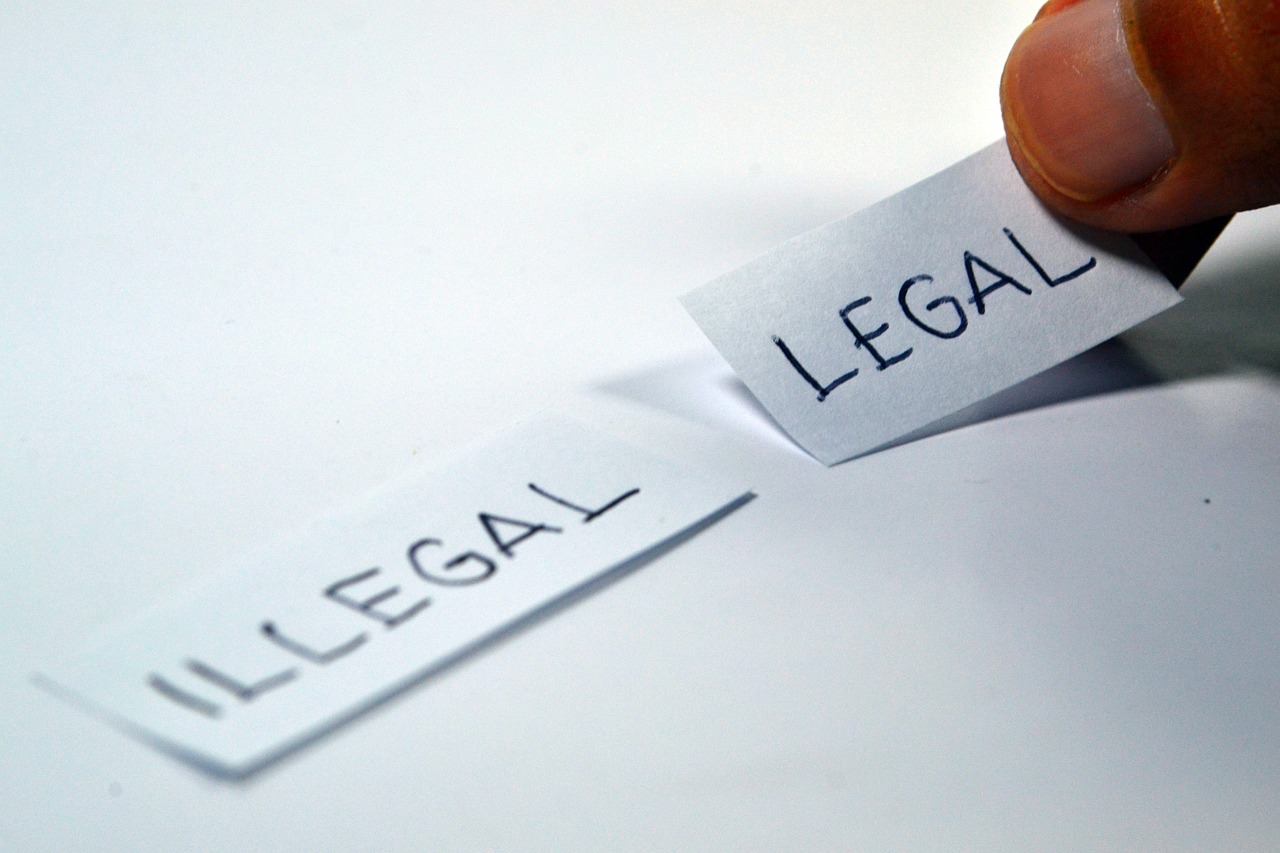Whether you’ve been involved in a minor fender bender or a more serious collision, knowing when to seek legal advice after a car accident is essential. Navigating the complex world of insurance claims, medical bills, and potential lawsuits can be overwhelming, but having a knowledgeable lawyer by your side can make all the difference. In this article, we will explore the circumstances in which it is crucial to consider hiring a lawyer for a car accident, ensuring you have the support and expertise you need during this challenging time.

Determining Fault in a Car Accident
Car accidents can be stressful and confusing situations, especially when it comes to determining who is at fault. Fortunately, there are several steps you can take to gather evidence and assess the situation.
Gathering Evidence at the Scene
The first crucial step in determining fault is gathering evidence at the scene of the accident. This includes taking photographs of the vehicles involved, any visible injuries, and the surrounding environment. Make sure to capture any skid marks, road conditions, and traffic signs as well. Additionally, gather contact information from any witnesses present at the scene. This evidence can later be used to establish liability and support your case.
Assessing Police Reports
Police reports play a crucial role in determining fault. When law enforcement arrives at the scene, they will assess the situation, speak to those involved, and document the details in a formal report. Obtain a copy of this report as soon as possible and carefully review it for accuracy. If you find any discrepancies or errors, notify the police immediately to have them corrected.
Reviewing Witness Statements
Witness statements can provide valuable insight into the circumstances surrounding the accident. Speak to any witnesses present at the scene and ask for their account of what transpired. Record their contact information and statements for reference. Having multiple independent witnesses can strengthen your case and help establish a clear picture of what happened.
Consulting with Accident Reconstruction Experts
In complex cases where fault is heavily disputed, consulting with accident reconstruction experts can be beneficial. These experts have specialized knowledge and skills to recreate the accident using scientific methods and simulations. They analyze factors such as vehicle angles, speeds, and impacts to determine the most likely sequence of events. Their professional opinion can carry significant weight in establishing liability.
Understanding Insurance Coverage
After a car accident, dealing with insurance companies is often an inevitable part of the process. Understanding your policy coverage and knowing how to navigate the claims process is essential.
Evaluating Your Policy Coverage
Before an accident occurs, it’s crucial to familiarize yourself with the details of your insurance policy. Review the coverage options, policy limits, and any additional provisions. Understanding what is covered and what is not will help you make informed decisions during the claims process.
Dealing with Insurance Adjusters
After reporting the accident to your insurance company, you will likely be contacted by an insurance adjuster. It’s important to remember that insurance adjusters work for the insurance company and their primary goal is to minimize the amount the company pays out in claims. When speaking with them, provide only factual information and avoid making speculative statements. It may be beneficial to consult with a lawyer who can handle these communications on your behalf.
Handling Property Damage Claims
In addition to personal injuries, car accidents often result in property damage to vehicles. Understanding how property damage claims work is crucial. Document the damage to your vehicle, gather repair estimates, and provide this information to your insurance company. Keep detailed records of all interactions, including emails and phone calls, to ensure a smooth claims process.
Medical Expenses and Personal Injury
One of the most significant consequences of a car accident is the potential for personal injury. Dealing with medical expenses and ensuring you receive fair compensation is crucial for your overall well-being.
Obtaining Medical Documentation
To support your claim for medical expenses, it is essential to obtain thorough medical documentation. Seek prompt medical attention after the accident and follow all recommended treatments and therapies. Keep a record of all medical visits, diagnoses, and procedures, as well as any associated costs. This documentation will be critical in establishing the extent of your injuries and their impact on your life.
Calculating Current and Future Medical Costs
Determining the full extent of your current and future medical costs can be challenging. It’s crucial to consult with medical professionals and specialists who can provide expert opinion on the long-term effects of your injuries. They can help estimate the ongoing medical care, rehabilitation, and therapy you may require. This information is essential in accurately calculating the financial compensation you deserve.
Recognizing Long-Term Injuries
Car accidents can often result in long-term or permanent injuries that may not be immediately apparent. It’s important to recognize the potential long-term effects and seek appropriate medical attention. Common long-term injuries include traumatic brain injuries, spinal cord injuries, and chronic pain conditions. Consulting with medical professionals who specialize in treating such injuries can help identify and document these long-term effects.
Establishing Liability for Medical Expenses
Establishing liability for your medical expenses is crucial in ensuring you receive fair compensation. To establish liability, it must be proven that the other party involved in the accident was negligent and their negligence directly caused your injuries. This requires a thorough investigation and the gathering of sufficient evidence. Consult with a lawyer experienced in personal injury cases to help you navigate this process and build a strong case.
Lost Wages and Diminished Earning Capacity
Car accidents often result in lost wages and diminished earning capacity, which can significantly impact your financial well-being. Understanding how to assess and claim compensation for these losses is essential.
Determining Lost Earnings
Lost earnings refer to the income you are unable to earn due to your injuries. This includes wages from missed work, as well as potential future earnings. It’s important to gather documentation, such as pay stubs and tax returns, to establish your pre-accident income. Additionally, obtain written confirmation from your employer detailing the dates and duration of your absence from work.
Proving Diminished Earning Capacity
If your injuries result in a long-term or permanent impact on your ability to earn income, you may be entitled to compensation for diminished earning capacity. Proving this requires expert opinion and analysis of your skills, education, work history, and the impact of your injuries on your ability to perform your previous job or pursue other employment opportunities. Consult with a lawyer experienced in handling these types of claims to ensure your rights are protected.
Navigating Wage Loss Disputes
In some cases, insurance companies may dispute the extent of your lost wages or the impact on your earning capacity. This can lead to contentious negotiations and potential legal disputes. Having a knowledgeable lawyer on your side can significantly improve your chances of navigating these wage loss disputes successfully and receiving fair compensation.

Seeking Compensation for Pain and Suffering
In addition to tangible losses, car accident victims may also be entitled to compensation for the intangible damages they experience, such as pain and suffering. Understanding how to present and calculate these non-economic damages is crucial.
Understanding Non-Economic Damages
Non-economic damages refer to the physical and emotional pain, suffering, and loss of enjoyment of life resulting from the accident. They encompass the emotional distress, mental anguish, and physical discomfort you experience as a result of your injuries. Unlike economic damages, which can be easily quantified, non-economic damages are subjective and require careful consideration when seeking compensation.
Calculating Pain and Suffering
Calculating the value of pain and suffering requires a comprehensive evaluation of various factors, including the severity of your injuries, the impact on your daily life, the duration and intensity of your pain, and any emotional distress you may be experiencing. There is no precise formula for placing a monetary value on pain and suffering, but experienced lawyers can draw upon their knowledge and expertise to make a compelling case for fair compensation.
Presenting Evidence of Emotional Distress
Emotional distress is a common consequence of car accidents and can significantly impact your quality of life. Presenting evidence of emotional distress requires a combination of medical documentation, witness statements, and expert testimony. Consult with a lawyer who specializes in personal injury cases to ensure you effectively present your case and seek appropriate compensation.
Fatal Car Accidents and Wrongful Death Claims
Tragically, some car accidents result in fatalities. In such cases, the surviving family members may be entitled to file a wrongful death claim. Understanding the legal process and seeking compensation for their loss is crucial.
Identifying Eligible Parties
In wrongful death claims, eligible parties who can file a lawsuit typically include surviving spouses, children, and parents of the deceased individual. These parties may be entitled to compensation for the loss of their loved one, as well as any financial and emotional hardships caused by the death.
Pursuing a Wrongful Death Lawsuit
Pursuing a wrongful death lawsuit requires thorough investigation and collection of evidence. It must be established that the death was a result of another party’s negligence or misconduct. Consult with a lawyer experienced in handling wrongful death cases to guide you through the legal process and ensure your rights are protected.
Compensation for Loss of Consortium
Loss of consortium refers to the loss of companionship, emotional support, and physical intimacy resulting from the death of a loved one. Spouses, children, and parents may be entitled to compensation for this loss, which seeks to provide some measure of financial support for the emotional hardships endured.
Dealing with Uninsured or Underinsured Drivers
Encountering an uninsured or underinsured driver can complicate the process of seeking compensation for your losses. Understanding how to navigate these situations is crucial.
Navigating Uninsured Motorist Claims
If you are involved in an accident with an uninsured driver, you may be able to seek compensation through your own uninsured motorist coverage. This coverage is designed to protect you in the event that the at-fault driver does not have sufficient insurance to cover your damages. Consult with a lawyer to understand your rights and options under your insurance policy.
Determining Adequacy of Underinsured Motorist Coverage
Underinsured motorist coverage provides additional protection when the at-fault driver’s insurance coverage is insufficient to fully compensate you for your losses. It’s important to carefully review your insurance policy to understand the limits and requirements of your underinsured motorist coverage. Working with a lawyer experienced in handling these types of claims can help ensure you receive the compensation you deserve.
Legal Deadlines and Statutes of Limitations
When it comes to filing a car accident lawsuit, adhering to legal deadlines and statutes of limitations is crucial. Failure to do so can result in the loss of your right to seek compensation.
Understanding Time Restrictions
Each jurisdiction has specific time restrictions, known as statutes of limitations, within which you must file a lawsuit. These limitations vary depending on the type of claim and the jurisdiction. It’s essential to consult with a lawyer as soon as possible after your accident to ensure you understand and comply with all applicable time restrictions.
Potential Exceptions
While statutes of limitations generally provide strict deadlines, there may be exceptions in certain circumstances. For example, in cases where the injured party is a minor or suffers from a mental disability, the time restrictions may be extended. Consulting with a lawyer experienced in personal injury cases can help you determine if any exceptions apply to your situation.
Preserving Evidence within Timeframe
Preserving evidence is crucial in any legal claim, but it becomes even more critical within the required timeframe. Over time, evidence can be lost, memories can fade, and witnesses can become unavailable. By consulting with a lawyer early on, you can ensure that all necessary evidence is preserved and that your claim is built on a solid foundation.

Proving Negligence and Legal Liability
Proving negligence and legal liability is essential in seeking compensation for your losses. Understanding how to gather evidence and establish the defendant’s duty of care is crucial.
Gathering Evidence of Negligence
To prove negligence, you must gather sufficient evidence to show that the other party failed to exercise reasonable care, resulting in the accident and your injuries. This evidence may include photographs, witness statements, expert opinions, and any applicable traffic laws or regulations. Working with a lawyer experienced in car accident cases can significantly improve your chances of successfully proving negligence.
Establishing the Defendant’s Duty of Care
To establish the defendant’s duty of care, it must be shown that they owed you a duty to act reasonably and avoid causing harm. In car accident cases, drivers have a duty to operate their vehicles safely and obey traffic laws. Violation of this duty, such as speeding or distracted driving, can be used to demonstrate negligence. Working with a lawyer can help you effectively establish the defendant’s duty of care.
Connecting their Negligence to the Accident
Proving that the defendant’s negligence directly caused the accident and your injuries is crucial in seeking compensation. This requires establishing a clear link between their actions or inactions and the harm you suffered. Working with accident reconstruction experts, medical professionals, and experienced lawyers can strengthen this connection and help build a solid case.
Frequently Asked Questions
FAQ 1: Can I handle my car accident claim without a lawyer?
Answer 1: While it is possible to handle a car accident claim on your own, having a lawyer can greatly improve your chances of receiving fair compensation. A lawyer can navigate the complex legal processes, negotiate with insurance companies, and ensure you understand your rights and options.
FAQ 2: How do I know if I should hire a lawyer for my car accident claim?
Answer 2: You should consider hiring a lawyer if you have suffered significant injuries or if the fault in the accident is being disputed. An experienced lawyer can assess the strength of your case, gather evidence, negotiate on your behalf, and protect your rights throughout the legal process.
FAQ 3: What costs are involved in hiring a lawyer for a car accident?
Answer 3: Most car accident lawyers work on a contingency fee basis, meaning they only get paid if they win your case. The fee is typically a percentage of the settlement or verdict. Additionally, some lawyers may offer free initial consultations to discuss your case and determine the best course of action.
FAQ 4: How long do I have to file a car accident lawsuit?
Answer 4: In Utah, the statute of limitations for personal injury claims is generally four years. However, it is always best to consult with a lawyer as soon as possible to ensure you meet all legal deadlines. Failing to file within the prescribed timeframe can result in the loss of your right to seek compensation.
FAQ 5: What should I bring to my initial consultation with a car accident lawyer?
Answer 5: It is helpful to bring any documents related to the accident, such as police reports, medical records, insurance information, and photographs of the scene. Additionally, bringing a list of questions or concerns you have can help ensure you have a productive conversation with the lawyer about your case.